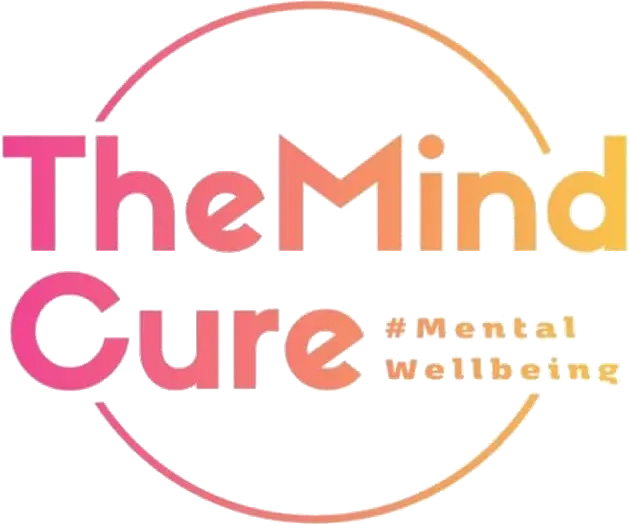Memory issues can affect daily life, making it difficult to retain information, focus, and recall important details. Understanding the causes of memory problems, recognizing symptoms, and applying effective memory improvement techniques can enhance cognitive function and overall brain health.
Common Causes of Memory Issues
Several factors contribute to memory loss and cognitive decline, including:
- Chronic Stress and Anxiety – Elevated stress levels impact focus and short-term memory.
- Lack of Sleep – Poor sleep quality hinders memory consolidation and recall.
- Poor Diet and Nutrition – Deficiencies in essential nutrients, such as vitamin B12 and omega-3 fatty acids, can affect brain function.
- Aging and Cognitive Decline – Natural aging affects memory retention and recall speed.
- Medical Conditions – Neurological disorders, hormonal imbalances, and chronic illnesses can lead to memory problems.
- Medication Side Effects – Certain medications may impact cognitive performance and mental clarity.
- Lack of Mental Stimulation – A sedentary lifestyle with minimal cognitive engagement can contribute to memory deterioration.
Symptoms of Memory Problems
Memory issues can manifest in various ways, including:
- Frequent Forgetfulness – Difficulty remembering names, dates, or important information.
- Trouble Concentrating – Struggling to focus on tasks or conversations.
- Misplacing Items – Frequently losing everyday objects like keys or phones.
- Difficulty Learning New Information – Challenges in retaining new skills or knowledge.
- Repeating Questions or Statements – Forgetting recent conversations and repeating information.
Effective Memory Improvement Strategies
1. Maintain a Brain-Healthy Diet
Consuming foods rich in antioxidants, healthy fats, and essential vitamins supports cognitive health. Incorporate leafy greens, berries, nuts, and fatty fish into your diet.
2. Practice Mindfulness and Stress Management
Engaging in stress relief techniques, such as deep breathing, meditation, and yoga, helps improve focus and memory recall.
3. Prioritize Quality Sleep
Establishing a consistent sleep schedule enhances memory consolidation and mental alertness. Aim for 7-9 hours of restful sleep per night.
4. Stay Physically Active
Regular exercise increases blood flow to the brain, promoting cognitive function and reducing memory decline.
5. Engage in Mental Stimulation
Challenging the brain with puzzles, reading, and learning new skills helps maintain mental sharpness.
6. Use Memory Aids and Organizational Tools
Keeping to-do lists, using reminders, and creating routines can assist with memory retention.
7. Seek Professional Help
If memory issues persist, consulting a healthcare provider can help identify underlying causes and provide appropriate treatment.
Final Thoughts
Memory problems can be frustrating, but they are often manageable with the right lifestyle changes. Identifying the causes of memory issues, recognizing symptoms early, and implementing memory improvement techniques can significantly enhance cognitive function. By prioritizing brain health, reducing stress, and maintaining an active lifestyle, you can boost memory retention and mental clarity for long-term well-being.




